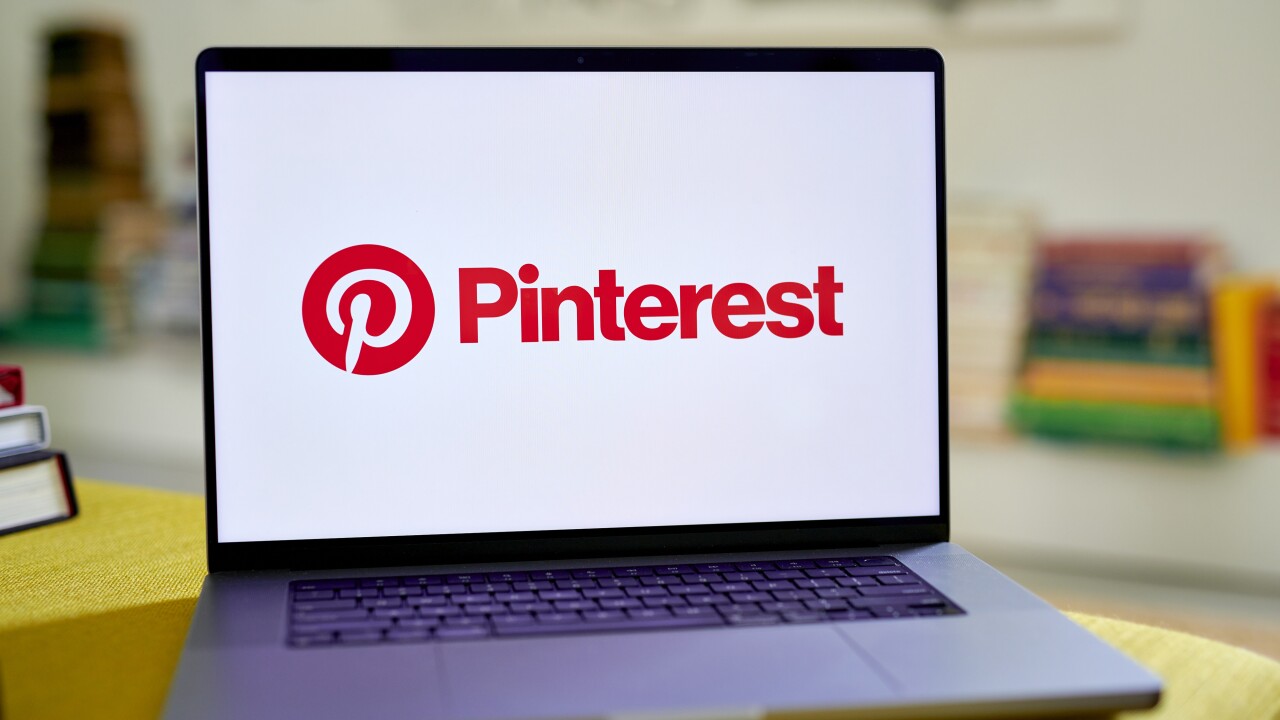(Bloomberg View) — Scott E. Page trained as a game theorist, and in game theory, diversity is usually an obstacle to overcome. That is, the more diverse the preferences of the participants in a game, the harder it is to come to a mutually acceptable solution.
Early in his career, though, while teaching economics at the California Institute of Technology, Page decided to try looking at diversity in a different way. As he recounted in his 2007 book "The Difference":
One winter in 1995, to have a little fun I constructed a computer model of diverse problem solvers confronting a difficult problem. Put aside for now what counts for fun at CalTech; "fun" at CalTech rarely makes sense to the outside world. In my model, I represented diversity as differences in the ways problem solvers encoded the problem and searched for solutions. I referred to these ways of solving problems as tools. In working through the implications of my model, I stumbled upon a counter-intuitive finding: diverse groups of problem solvers — groups of people with diverse tools — consistently outperformed groups of the best and the brightest.
To understand why this is, consider a very simple model of three people and their cognitive tools. Ann has the most -- that is, she is the smartest -- with five, which we will call A, B, C, D and E. Barry has four, A, B, E and F. Cam has three, C, D and G. Which is the best two-person team to solve a difficult problem? Barry and Cam, because they have seven tools between them. Even though Ann and Barry are the two smartest people, some of their tools overlap, so combining their abilities only gets you to six.
Page went on to build much more complex models of diversity than that and, together with Lu Hong, a finance professor at Loyola University of Chicago, published articles about them in prestigious journals. "The idea was not to show or say diversity was good," he says now -- it was to build fun models exploring how it worked. Page, who now holds the grand title of Leonid Hurwicz Collegiate Professor of Complex Systems, Political Science and Economics at the University of Michigan in Ann Arbor, has continued to build and play with fun social science models. His class Model Thinking is one of the greatest hits of the Massive Open Online Course era, and as a former student I can attest to its Markov-process-and-Lyupanov-function-filled awesomeness (the next round starts Tuesday).
Along the way, though, especially after the publication of "The Difference," which is subtitled "How the Power of Diversity Creates Better Groups, Firms, Schools, and Societies," Page also became something of a diversity guru for corporations and government agencies, and he has a book coming out next month called "The Diversity Bonus: How Great Teams Pay Off in the Knowledge Economy" that is aimed directly at this audience (and from which the Ann-Barry-Cam example above is taken). But he's a different sort of diversity guru -- a white male computer geek who starts his presentations with mathematical reasoning instead of appeals to morality and justice.
As such, I thought Page might have some interesting things to say about now-former Google software engineer James Damore's uproar-inducing memo criticizing diversity efforts at the company. I talked to him on the phone last week.
Page says he's read the memo several times. "I don't think he's necessarily coming from a bad place," he says of Damore. "He has an impression that women perform less well and draws an inference that innate differences between men and women explain those differences. He's making an improper inference off an impression. The real lost opportunity is that if you go through and change 13 or 14 sentences and spin them in the right direction, that possibly could have been a fairly productive memo." It was a flawed first draft that, after it went viral on the internet, became effectively impossible to revise and improve.
As for the wisdom or lack thereof of Google's decision to fire Damore, Page said that the company's employee evaluation procedures are so exhaustive and sophisticated that "it's like commenting on the purchase price of a privately held corporation; we just don't know."
Damore's main argument, other than that Google was suppressing diversity of opinion (and as my fellow Bloomberg View columnist Elaine Ou wrote recently, he may have had a point there), was that the company's efforts at increasing gender and racial diversity could harm its performance. Page thinks that, in Google's case, such concerns are way off the mark.
That's partly because Google is so selective already. "They're picking several thousand people from several million," Page says. "They can pick from a set of highly accomplished people who have really interesting skill sets and experiences."
Then there's the way work gets done at Google. "Google makes most important decisions using teams," he says. "If you're doing things by teams, it's typically not the case that the best team is the one with the people who score best. It's not like Google is hiring people who are involving in some routine activity and you can rank them from best to worst and they're not taking the best." Basically, Google needs more diversity in order to perform better.
Now, the "diversity" Page is talking about isn't exactly the same as the "diversity" usually discussed in modern American life. He means cognitive diversity -- that is, diversity of problem-solving skills and approaches. This is determined partly by experience, partly by education, and partly by identity. That identity includes common diversity markers such as gender, race, ethnicity and sexual orientation but also lots of other things. Page says he's been surprised since he started looking at the practical aspects of diversity at how important physical attributes are: A disability, or just being short or tall, can dramatically affect how you see the world.
Also, cognitive diversity only helps if the tools somebody possesses are relevant to the problem at hand. Adding a poet to a team of chemists probably won't make it more effective, Page writes in "The Difference," but adding a physicist might. And a 2003 Norwegian law requiring that women make up 40 percent of public-company boards by 2008 delivered negative short-term results, he writes in "The Diversity Bonus," probably because the women who joined boards were much less experienced than the men they replaced and most big Norwegian companies are in commodity industries where identity diversity isn't as helpful as in, say, consumer goods. (Page still thinks there could be long-term benefits, though.)
Finally, there are lots of jobs in which cognitive diversity doesn't necessarily improve performance. From Page's new book:
Diversity bonuses, when they exist, do so on complex, high-dimensional tasks: solving a problem, predicting an outcome, designing a policy, evaluating a proposed merger, or undertaking research.
A few decades ago, only a tiny percentage of jobs involved such tasks. Nowadays it's still a minority, but a minority that includes most of the highest-status, highest-pay work out there. Diversity does help, especially at or near the top.





